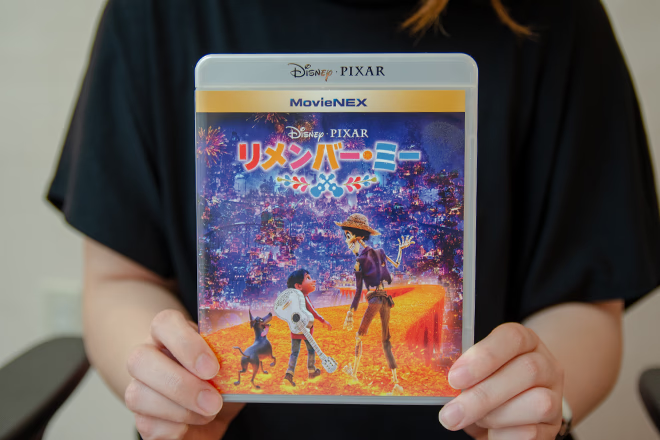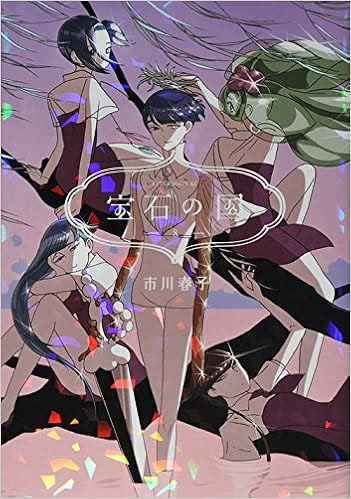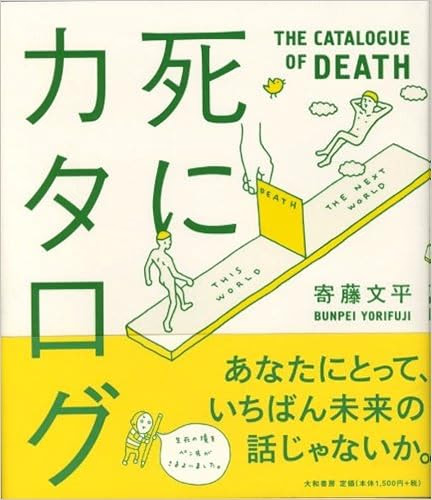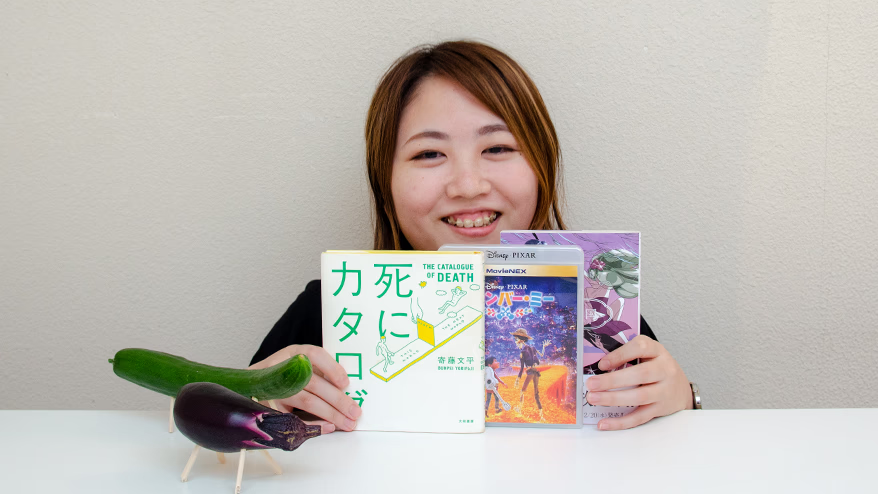This is Inui from the Quality Control Department.
Obon is coming soon. How will you spend Obon?
My grandparents died when I was young, and I don't have many relatives, so I don't have many memories of the deaths of people close to me. Perhaps because of this, I had a vague image of Obon and death, but after watching a certain movie, my interest in them became more pronounced.
However, I don't think that death is generally viewed in a very positive light.
When I told people I was going to write an article about death, they were a little worried.
Unless there are some amazing advances in the future (such as an immortality elixir), death will come to everyone.
Despite this, why is it that we don't have a very positive image of death and tend to think negative things about it?
I tried to think about it in as cheerful a way as possible, so that I would be able to face my inevitable death with a positive attitude.
Why is death scary?
I thought about why death tends to have a dark image.
- Everything is unknown (you can't try it out, you can't hear about people's experiences)
- The image of the end is strong
- You won't be able to do the things you like, you won't be able to see the people you like
etc.
I think many people have negative impressions like the ones above.
Still, something happened that made me start to think that death wasn't such a bad thing.
The person who influenced me the most was Shiina Ringo.
I've liked him since I was in junior high school, and I think he has had a big influence on me, especially when it comes to thinking, and I respect him as my spiritual mentor. One day, I saw an interview where he said something like, "We're all born and die, right?" That was the trigger for me to think, "Oh, I see, then maybe it's okay," and I felt like I suddenly felt lighter, and my attachment to the fear of death disappeared.
Many of Ringo Sheena's songs have the theme of life, so I'd like to introduce a few of them.
I'm counting backwards, measuring the remaining time, counting down from the very end, I'm going to use it all up, my wandering heart, don't look back
" Counting Upwards " Lyrics and Composition: Shiina Ringo
Burn it into my memory, in a moment of light Because I'm going to use up this one and only life I only know now I want to flash upon your present I want to shine even if this is the last time
" Flash Girl " Lyrics by Shiina Ringo Music by Kameda Seiji
I feel like Shiina Ringo's lyrics often contain mindfulness-related ideas about focusing on the present.
I think it is conveying the importance of focusing on the present, living in the present, and the importance of life because death exists.
Aside from music, books and movies often allow us to experience death virtually or give us an opportunity to think about the present.
Next, I'd like to introduce some works that have the theme of death that I would like to recommend.
Recommended works that deal with death
The anime that made me think about death
Lee Unkrich and Adrian Molina, directors of "Coco"

Lee Unkrich, Adrian Molina, director "Coco" Walt Disney Japan Co., Ltd. (2018/07/18) ( Amazon )
This is the movie that inspired me to write this article, and it was this movie that gave me the opportunity to think deeply about death. It is a Pixar animated film that was released in March of this year (the DVD will be on sale from July 18th!).
PIXAR is such a great creative group that no explanation is necessary.
I've loved it since I was a child, and not only have I watched it at the cinema, but I also bought the DVD and watched the production process in the bonus footage. I loved this movie so much that I sent a message to director Lee Unkrich on social media saying, "It was great! I love PIXAR!", and he replied with a smiley face and a heart emoji.
The film is based on Mexico's Day of the Dead.
The Day of the Dead is a day to remember the dead and ancestors, and is similar to the Japanese Obon festival.
The Day of the Dead is very colorful and has a festive atmosphere, which is a big difference from Japan. In the movie, I got the impression that everyone was having a good time.
"It's sad when family and friends die, but I'm enjoying life in the land of the dead."
I think I don't feel any sadness because I know that they return once a year. The grave was never a sad place.
Mexican culture was thoroughly researched during the production process, and Mexican staff members also conducted strict checks, so it was reproduced quite faithfully. I watched the bonus footage on the DVD, and was really moved by the love and respect shown for Mexican culture.
In addition, many of the voice actors for the main characters are Latino. This may seem like a given, but the fact that a story set in Mexico was created in America, where white supremacy is said to be a problem, and that most of the main characters are played by native speakers, has been highly praised.
There are many scenes where conversations are in Spanish rather than English, such as Hola (hello) and Gracias (thank you), so I highly recommend watching the film with subtitles to get a better feel for Mexican culture.
The importance of remembering and praying for the dead
Haruko Ichikawa (author) "Land of the Lustrous"

Haruko Ichikawa (author) "Land of the Lustrous (8)" Kodansha (2017/11/22) ( Amazon )
This is a long work with a jewel as the main character, which I introduced in my previous article about why I like Haruko Ichikawa . There is a line in the work that says, "After death, humans are divided into flesh, bones, and souls," and I really like that. Although it is a manga, it feels so realistic that it makes you think that the world really is made up that way.
There is also a scene depicted that depicts "the place where those for whom no one prayed for them end up after death."
In the movie "Coco," which I introduced earlier, there is a scene where a character's "final death" occurs when he is forgotten by everyone living in this world.
I have come to believe that remembering and praying are the roles of people living in the present.
I've heard people say, "It feels like the person who passed away is right next to you," and I think that's because there's a spiritual connection.
Death is perceived differently depending on religion and ethnicity.
Bunpei Yorifuji (Author) "Catalog of Death"

Bunpei Yorifuji (author) "Catalog of Death" Yamato Shobo (2005/12/15) ( Amazon )
The title alone might scare you, but a look at the cover will put your mind at ease.
The author, Fumpei Yorifuji, is an art director and illustrator.
Sato also introduced Yorito's book at a previous reading group .
The book covers seven topics related to death, such as what prompted Yorifuji to start thinking about death, as well as the reasons for death and the timing of death, and is based on documents and literature.It is specific and easy to understand, and there are plenty of illustrations, making it a fun read.
One of the recommended points is that it introduces how death is perceived depending on religion and ethnicity.
In Japan, we introduced the idea of "going to hell."
I thought that this way of thinking might be what makes us think of death as something scary.
In Irish folk beliefs, it is common to turn into a butterfly when you die, which I think is more endearing and makes you less afraid of death.
It was interesting to see how the same death can be interpreted in so many different ways.
What I learned about death
There are many teachings that say, "This world is wonderful, it's wonderful to be alive."
On the other hand, I don't think that death is a bad thing, but rather that it is because death comes that we can be grateful for the life we have now.
Being positively conscious of death can enrich your life today.
When I was writing this article, I was worried that it would make me feel depressed, even though I had decided to write it myself, but it turned out to be fine. In fact, I feel fine.
However, what still bothers me about death for now is that no one can choose how they die.
I think everyone wants to die peacefully, but you never know what's going to happen in life.
However, no matter how someone dies, no one can evaluate it, and I feel that the only thing we can do for the dead, as I wrote earlier, is to pray and remember them.
I think that's what Obon is for.
Whether or not you have an image of death in your mind will make a big difference in something (which is difficult to put into words), such as the small decisions you make every day.
I believe that our image of death can vary greatly depending on the environment in which we grew up, our culture, our religion, etc., but I hope that this article will be helpful in thinking about death.

